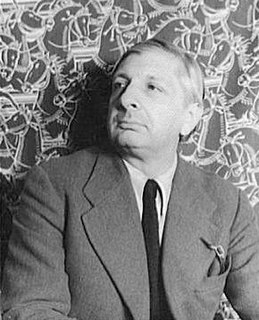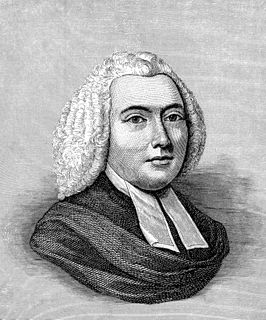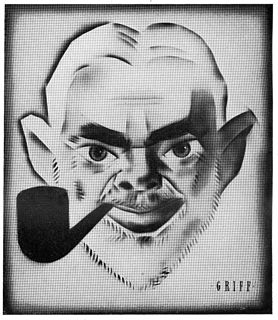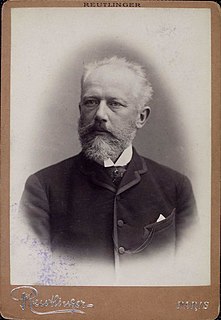A Quote by John Keats
Poetry should be great and unobtrusive, a thing which enters into one's soul, and does not startle it or amaze it with itself, but with its subject.
Related Quotes
We hate poetry that has a palpable design upon us - and if we do not agree, seems to put its hand in its breeches pocket. Poetry should be great & unobtrusive, a thing which enters into one's soul, and does not startle it or amaze it with itself but with its subject. - How beautiful are the retired flowers! how would they lose their beauty were they to throng into the highway crying out, "admire me I am a violet! dote upon me I am a primrose!"
Verse in itself does not constitute poetry. Verse is only an elegant vestment for a beautiful form. Poetry can express itself in prose, but it does so more perfectly under the grace and majesty of verse. It is poetry of soul that inspires noble sentiments and noble actions as well as noble writings.
There is also a third kind of madness, which is possession by the Muses, enters into a delicate and virgin soul, and there inspiring frenzy, awakens lyric... But he, who, not being inspired and having no touch of madness in his soul, comes to the door and thinks he will get into the temple by the help of art - he, I say, and his poetry are not admitted; the sane man is nowhere at all when he enters into rivalry with the madman.
There is great danger, yea many times most danger, in the smallest sins... Greater sins do sooner startle the soul, and awaken and rouse up the soul to repentance, than lesser sins do. Little sins often slide into the soul, and breed, and work secretly and undiscernibly in the soul, till they come to be so strong, as to trample upon the soul and to cut the throat of the soul.
It is essential that the revelation we receive, the conception of an image which embraces a certain thing, which has no sense in itself, which has no subject, which means 'absolutely nothing' from the logical point of view.. ..should speak so strongly in us, evoke such agony or joy, that we feel compelled to paint.
How does it feel? I feels exactly like one of those dreams in which you suddenly realize that you have to take a test you haven't studied for and you aren't wearing any clothes. And you've left your wallet at home. When I am out there, in time, I am inverted, changed into a desperate version of myself. I become a thief, a vagrant, an animal who runs and hides. I startle old women and amaze children. I am a trick, an illusion of the highest order, so incredible that I am actually true.
How can one express the indefinable sensations that one experiences while writing an instrumental composition that has no definite subject? It is a purely lyrical process. It is a musical confession of the soul, which unburdens itself through sounds just as a lyric poet expresses himself through poetry...As the poet Heine said, 'Where words leave off, music begins.'
I have said that poetry is the spontaneous overflow of powerful feelings: it takes its origin from emotion recollected in tranquillity: the emotion is contemplated till, by a species of reaction, the tranquillity gradually disappears, and an emotion, kindred to that which was before the subject of contemplation, is gradually produced, and does itself actually exist in the mind.
What has the Cross left in each of us? You see, it gives us a treasure that no one else can give: the certainty of the faithful love which God has for us. A love so great that it enters into our sin and forgives it, enters into our suffering and gives us the strength to bear it. It is a love which enters into death to conquer it and save us.






































